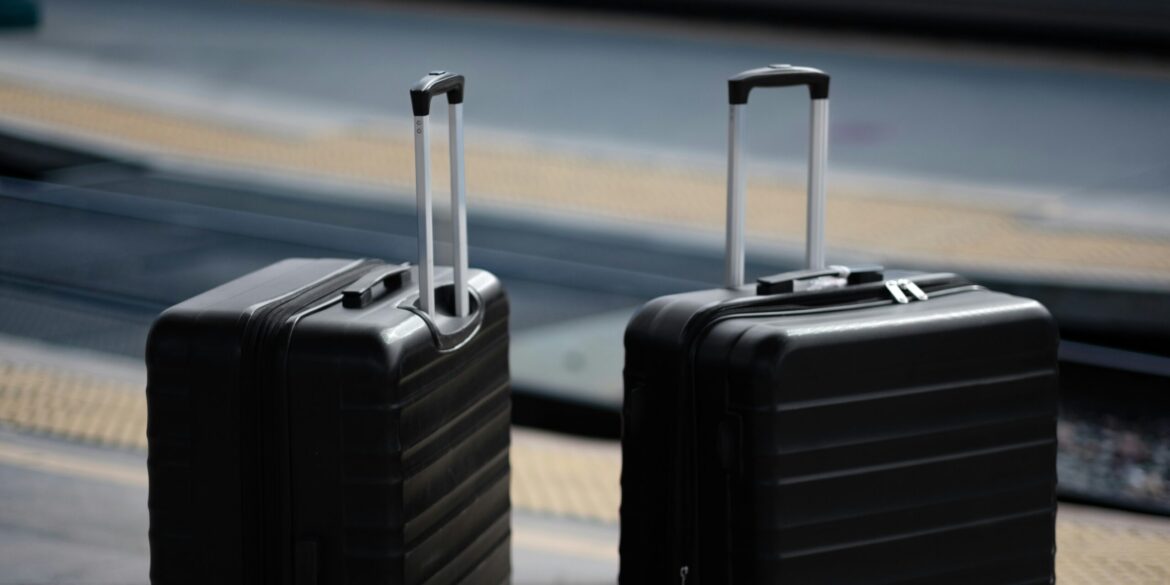Southwest Airlines has officially ended its long-standing “two bags fly free” policy, introducing a checked baggage fee starting on May 28, 2025. This significant policy shift marks a major change for the airline, which has long distinguished itself from other major carriers by offering free checked luggage for passengers. With the new change, travelers will now be required to pay for checked bags, bringing Southwest in line with other airlines that have already implemented similar fees over the years.
For years, Southwest’s policy of offering two free checked bags per passenger was a hallmark of its customer-friendly service, setting the airline apart from other major U.S. carriers, which began charging for checked luggage as early as the mid-2000s. This perk was widely praised by budget-conscious travelers, particularly families and frequent flyers, who appreciated the ability to avoid additional fees while traveling. However, with rising operational costs, including increases in fuel prices and staffing expenses, Southwest’s decision to introduce checked baggage fees reflects the broader trend in the airline industry toward charging for previously complimentary services to maintain profitability.
Under the new policy, Southwest passengers will be charged a fee for each checked bag, with pricing details varying depending on factors such as the size and weight of the luggage. The exact fees have been outlined in Southwest’s new baggage policy, but passengers can expect to pay fees similar to those implemented by other major airlines, such as American Airlines, United, and Delta, who have long charged for checked luggage.
This change is expected to have significant financial implications for travelers, especially those who typically checked multiple bags, such as families or business travelers. While Southwest has promised to maintain its other popular features, such as free in-flight snacks and no change fees, the introduction of baggage fees represents a major shift in the airline’s long-standing value proposition. Passengers will now have to carefully consider the total cost of their airfare, including baggage fees, when booking their flights.
The move also underscores the growing pressure on airlines to balance cost-efficiency with customer satisfaction. While airlines have long faced rising operational costs, including maintenance, fuel, and labor expenses, the increase in ancillary fees for services such as checked baggage has become an essential revenue stream. Industry analysts predict that Southwest’s decision to implement baggage fees will likely prompt other low-cost carriers to reassess their policies and potentially follow suit.
For Southwest, the change could also impact its competitive position in the market. The airline has historically marketed itself as a budget-friendly option for travelers, appealing to those looking to avoid hidden fees and costs. The removal of the “two bags fly free” policy might challenge this image, forcing Southwest to compete more aggressively on factors like flight schedules, customer service, and overall flight experience to differentiate itself from other carriers.
The new baggage policy also raises questions about the future of airline pricing and the evolution of how airlines handle customer charges. As travelers become more accustomed to seeing additional fees for services that were once free, it’s likely that other airlines will continue to look for new ways to monetize air travel, such as charging for amenities, seating preferences, or even overhead bin space.
Despite the criticism Southwest may face for ending its iconic “two bags fly free” policy, the airline remains optimistic that the move will help it manage rising costs while continuing to provide a competitive product. While this policy change may upset some loyal customers, Southwest has expressed its commitment to maintaining its reputation for customer service and flexibility. The airline has emphasized that travelers who have special needs, such as families with young children or passengers requiring medical equipment, will still be accommodated.
In conclusion, Southwest Airlines’ decision to introduce checked baggage fees signals a broader shift in the airline industry and the growing trend of airlines seeking new ways to generate revenue. While it marks the end of an era for Southwest’s famously free checked bags, it remains to be seen how passengers will adjust to the new costs and whether other airlines will follow suit with similar changes.

